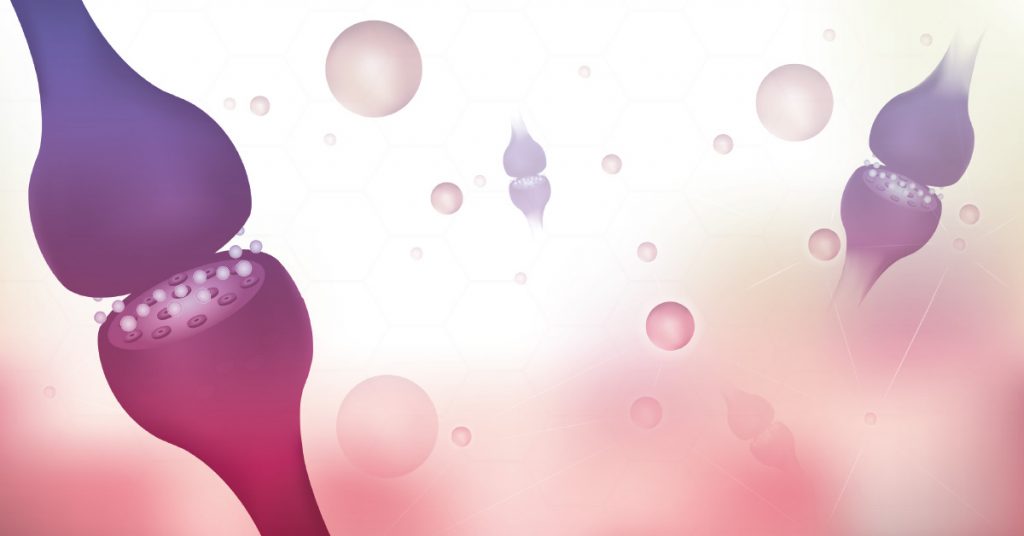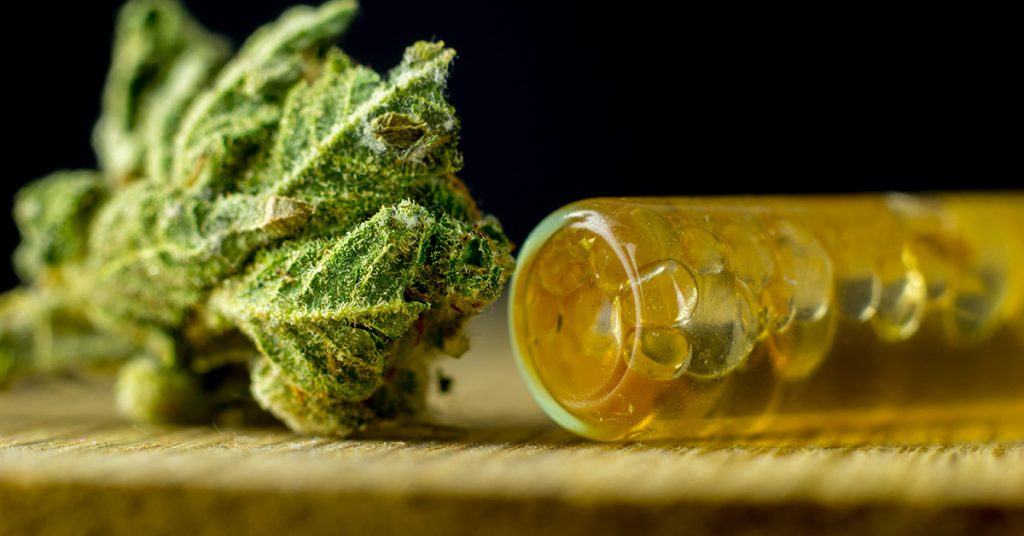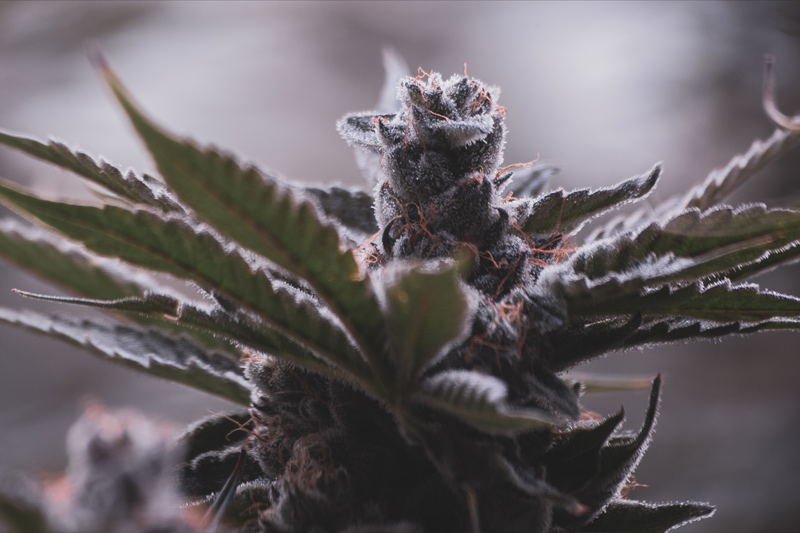What is the Endocannabinoid System?

What is the Endocannabinoid System? Cannabis is one of the most exciting research topics for the 21st century. Every day, cannabis researchers learn more about how the plant interacts with our bodies and helps patients with chronic illness. While we have a lot to discover about how medical cannabis works, we know that it’s effective […]
What is a Weed Hangover?

What is a Weed Hangover? If you’ve ever ingested more cannabinoids than you intended, you might find yourself dealing with a “weed hangover” the next morning. Overconsuming cannabis products can certainly have uncomfortable effects on the body, with some comparing the “morning after” to being hungover on alcohol. The good news is, a weed hangover […]
The Benefits of Legalizing Marijuana

The Benefits of Legalizing Marijuana The United States has some catching up to do when it comes to cannabis legalization. As of July 2020, only 11 states and Washington, D.C. have legalized recreational cannabis. An additional 22 states allow some form of medicinal cannabis usage, but at the federal level, cannabis is still a Schedule […]
Is Cannabis Good or Bad for Mental Health

Is Cannabis Good or Bad for Mental Health Is Cannabis Good or Bad for Anxiety? If there’s one thing that researchers can’t agree on, it’s the effect that cannabis has on your mental health. We have a lot to learn before we understand how cannabis interacts with the brain, and although many cannabis users find […]

